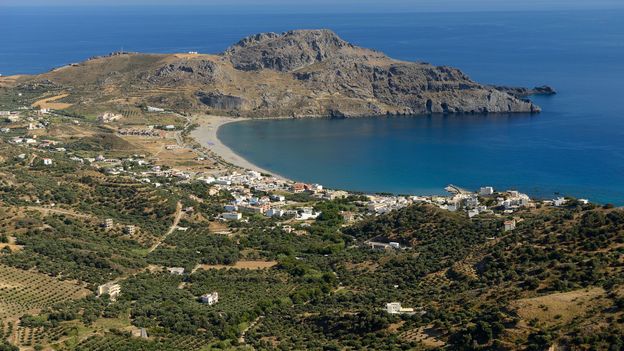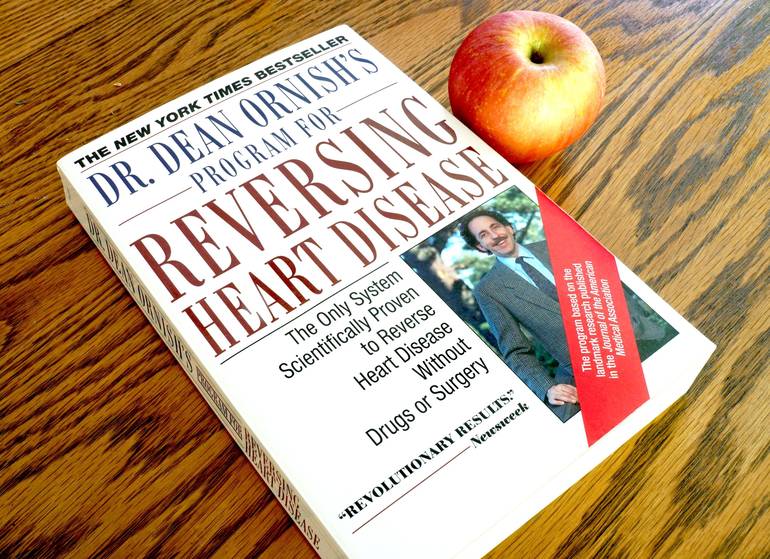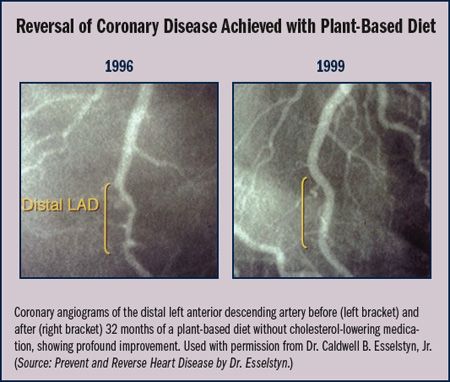In the 1950’s, researcher Ancel Keys noted that the inhabitants of the island of Crete in the Mediterranean Sea, were experiencing remarkably fewer heart attacks than his own countrymen in the United States. He applied for funding to begin a study to find what it took to become so heart healthy.
The results of his research rocked the scientific world and eventually affected us all. What Keys and his team discovered was that the Mediterranean diet of post-war Crete correlated highly with a low incidence of cardiovascular disease – up to 70% less cardiovascular disease, the type that results in heart attacks and strokes. The Cretans had stumbled upon what it took to be heart healthy.

The post-war Mediterranean Diet
The diet of post-war Mediterranean countries as they struggled back from the poverty caused by the World War Two, was
- high in vegetables
- legumes – high
- nuts and seeds – high
- fruit – high
- olive oil – high
- moderate in fish
- wine -moderate consumption
- cereal grains including bread and pasta – moderate, and
- limited in red meat and
- dairy foods – limited (as condiments only)
Today’s Mediterranean diet
Most people have heard of the Mediterranean diet. Today’s Mediterranean diet is very different from the diet of post-war Crete. It is characterised by olive oil, white pasta and red wine. This is not a healthy diet.
It is the Mediterranean diet of the 1950s that is quite a healthy diet, and that is very different from what most people call the Mediterranean diet today.
The legumes, fruit and vegetables of the 1950’s are not the main players on the plates of most people today attempting to regain heart health using the Mediterranean diet. Olive oil, wine and white flour are.
Since the 1950’s there have been thousands of research studies done, both in the lab and with human patients, on different aspects of the Mediterranean diet.
We want to know if we can get the heart disease rate even lower by using parts of the Mediterranean diet and substituting other foods for those foods we now know to be not as nutritious and beneficial for the heart.
We want to know if people today can become even more heart healthy than the Cretans. A 70% reduction in cardiovascular disease is well and good for those who adhere strictly to the traditional diet – but clearly, 30% of adherents are still not helped by the diet. Three out of ten people are not helped by it.
The more traditional the better
In 2012 a ten-year study (the ATTICA study) was completed on the Mediterranean diet. In this study, 2500 Greek adults were studied as to many details of lifestyle and diet.
The researchers wanted to learn how the deteriorating heart health of the Mediterranean region was being affected by dietary change away from the traditional Mediterranean diet. What they found was that as the diet got nearer to the original Mediterranean diet, for every one-point nearer in the dietary score, there was a 3% drop in heart disease risk.
This improvement was measured by brachial artery endothelial function (the main arm artery, felt at the inner elbow), C-reactive protein (a level of general inflammation) and more measurements.
The top third of adherents to the traditional Mediterranean diet were at 47% lower risk of heart events.
Nuts or olive oil?
In 2013, 7449 Spaniards with no diagnosed heart disease were put on three different Mediterranean-styled diets:
- Either a typical Western low-fat diet (⅓ of them)
- or a Mediterranean diet containing 1L olive oil a day (another ⅓)
- 1/3 followed a Mediterranean diet with no olive oil but instead, 30g raw nuts a day.
Who ended up with less heart disease?
The nut group won – with 83 heart events compared with 96 heart events in the olive oil group (and even more in the low-fat group).

This shows that tweaking the Mediterranean diet and bringing it in line with the latest knowledge of nutritional health – makes it even better for heart health.
However, from a pool of people who had experienced NO heart events, 83/7449 still ended up having had a heart attack or stroke by the end of the study – in the HEALTHIEST group. This is little over 3% of the group but can we get it even lower?
Lifestyle factors and red wine
Dr. Dean Ornish, M.D., believed we could get the heart disease rate even lower.
Taking the ten main factors that we know put a person at risk of cardiovascular disease, he advised clients regarding their lifestyles, taking each into account. These risks include:
- smoking
- high LDL or low HDL cholesterol
- uncontrolled high blood pressure
- physical inactivity
- obesity (having a BMI above 250
- uncontrolled diabetes
- high C-reactive protein (on a blood test)
- poor diet
- alcohol use
He questioned every aspect of the Mediterranean diet.
For instance – the use of red wine. Ornish found that the heart healthy benefits of drinking red wine were just as good if you drank it unfermented – as purple grape juice. In fact, the grape juice antioxidants remained in the bloodstream longer than did the antioxidants in red wine, helping dilate arteries and keep them flexible and reducing the likelihood of clots. Further, drinking grape juice instead of red wine caused a lot less liver damage. This helped other conditions.

Ornish succeeded in bringing heart disease risk lower than even the traditional Mediterranean diet had.
By eating a more traditional Mediterranean-style diet, walking daily, managing stress and making sure every person in the trial had support, Ornish was the first to reverse heart disease – without drugs or surgery.
This <short video> outlines Ornish’s programme to become heart healthy.
Removing olive oil and dairy
Surgeon, Caldwell Esselstyn, adjusted the Mediterranean diet even further than Ornish. He went so far as to remove even the olive oil.
He found by much experimentation that, for a person with advanced heart disease, olive oil was enough to damage the inner lining cells of the arteries enough to cause a heart event. Olive oil is 14 – 17% saturated fat, which we know damages arterial cells. He removed the oils and all dairy products and meat from the diets of patients who had already had several heart bypass operations and for whom nothing more could be done medically.
Here was the result of these changes:

All who stayed on his diet (and that was most of them) survived and thrived, many of them reversing their heart disease, as shown by angiograms at the annual follow-ups. This improvement has remained for twenty years and still counting – people sent home to die lived for twenty years longer in good health, some being still alive today.
Esselstyn said,
“Heart disease is a toothless paper tiger that need never exist. And if it does exist it need never progress. It is a food-borne illness.”
Dr Caldwell Esselstyn
Children with heart disease
In the Western world, everyone eating a standard Western diet has the beginnings of arterial plaque from age 10. Babies born to obese mothers have fatty plaques starting in their arteries while still in the womb. They are not heart healthy when they are born. Even most fit-looking boys in their teens and athletic young men in their twenties have been found to have early heart disease.
We are all ticking time bombs unless we make meaningful lifestyle and dietary change.
This video on <Heart Disease in Childhood> is an eye-opener.
In the (paraphrased) words of Shakespeare,
“The fault is not in our genes, but in ourselves and the way we eat.”
The Mediterranean diet and its improvements show us the way forward.



0 Comments